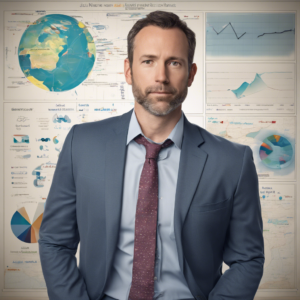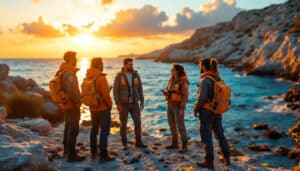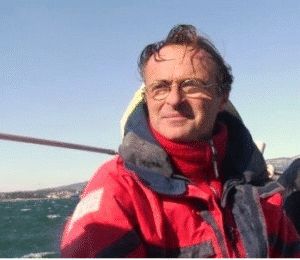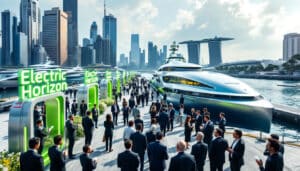Table of Contents
ToggleThe essence of local blue economy
The local blue economy stands out for its potential to profoundly transform our interactions with marine resources. By focusing on sustainable management of oceans and seas, it promotes economic development in harmony with the preservation of ecosystems. Elevating this approach at the local level allows for targeted projects that meet the specific needs of coastal communities while respecting ecological limits.
Indeed, the blue economy is based on several essential pillars. First, it emphasizes sustainable management of marine resources, thereby preventing overexploitation. Next, it promotes technological innovation, crucial for reducing the impact of human activities on the marine environment. Finally, it encourages international cooperation, recognizing that challenges are often global. More than just a concept, the local blue economy proves to be a comprehensive strategy to ensure the resilience of communities while preserving marine biodiversity.
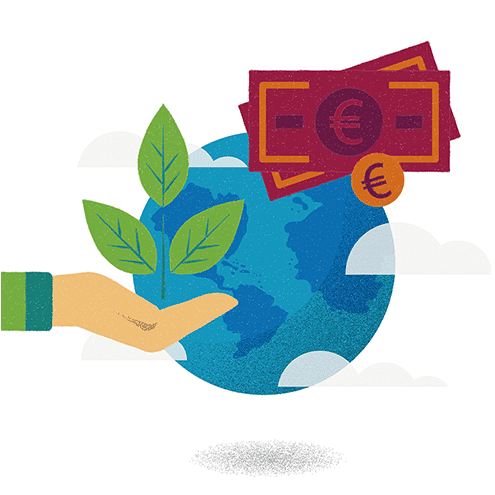
The pillars of the sustainable Atlantic
The sustainable Atlantic is much more than a goal; it is a necessity in our quest for a sustainable future. This concept involves responsible exploitation of oceans, showcasing the biological wealth and productive capacities of our planet. The necessity for a balance between economic development and respect for the oceanic ecosystem is crucial.
Innovations for sustainable management
The term MarineInnov well illustrates the new technologies that are at the heart of this development. Renewable marine energies, for example, lay the groundwork for a clean energy future. Advances in harnessing marine currents, waves, and tides testify to this enormous, yet untapped, potential. Moreover, innovations in monitoring and analyzing marine ecosystems provide key data to avoid exceeding their resilience thresholds.
Developing a more resilient coastal economy
In the face of current challenges, the resilience of coastal economies is essential. Their ability to adapt to climate changes and be economically viable depends on several factors.
Aquaculture and the importance of AquaDurable
Aquaculture represents a major sector, and its transformation towards sustainable practices is imperative. Considering models like AquaDurable means adopting practices that respect marine biodiversity. Seaweeds, for example, play a promising role in reducing greenhouse gas emissions. They require few resources and are an excellent supplement for animal feed.

Responsible aquaculture practices also ensure water quality and limit the spread of diseases. Cooperation between researchers and operators allows for the development of aquaculture systems that integrate harmoniously into the marine ecosystem.
Sustainable future for coastal tourism
Coastal tourism, a traditional sector, finds itself at the crossroads between economic explosion and environmental preservation.
Redesigning the tourism model with the BleuResponsible approach
The BleuResponsible movement proposes a new way of thinking about coastal tourism. Instead of negative impacts on the environment, this model encourages positive interactions with the ecosystem. Prioritizing eco-friendly accommodation and environmentally respectful activities genuinely supports sustainable development.
| Attribute | Traditional Model | BleuResponsible Model |
|---|---|---|
| Ecological impact | High | Reduced |
| Resource use | Unsustainable | Sustainable |
| Local engagement | Low | Strong |
Maritime transport and ship recycling
Maritime transport is vital for the economy, but it needs to transform to reduce its carbon footprint.
Effects of the BlueWaveEthics movement
The BlueWaveEthics initiative aims to implement sustainable maritime practices, relying on less polluting fuels and optimized ships. Recycling old ships also becomes a priority. These practices reduce pollution and help cut energy costs.
Encouraging a bioresilient HydroEconomy
A bioresilient HydroEconomy fully integrates sustainability issues into the management of marine resources.
The role of public policies and international cooperation
Public policies play a crucial role. Harmonizing regulations globally, supported by international cooperation, ensures coherent and effective management. This cooperation facilitates the exchange of best practices and pooling of resources.
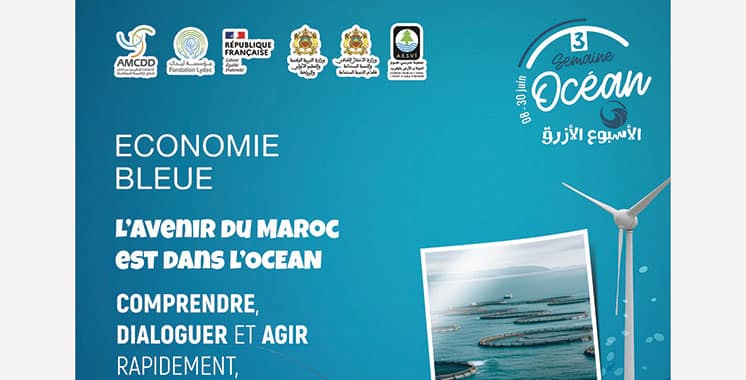
The dynamics of a GreenSea is expressed through the responsible management of marine resources, confirming that communities can thrive while respecting the environment.

